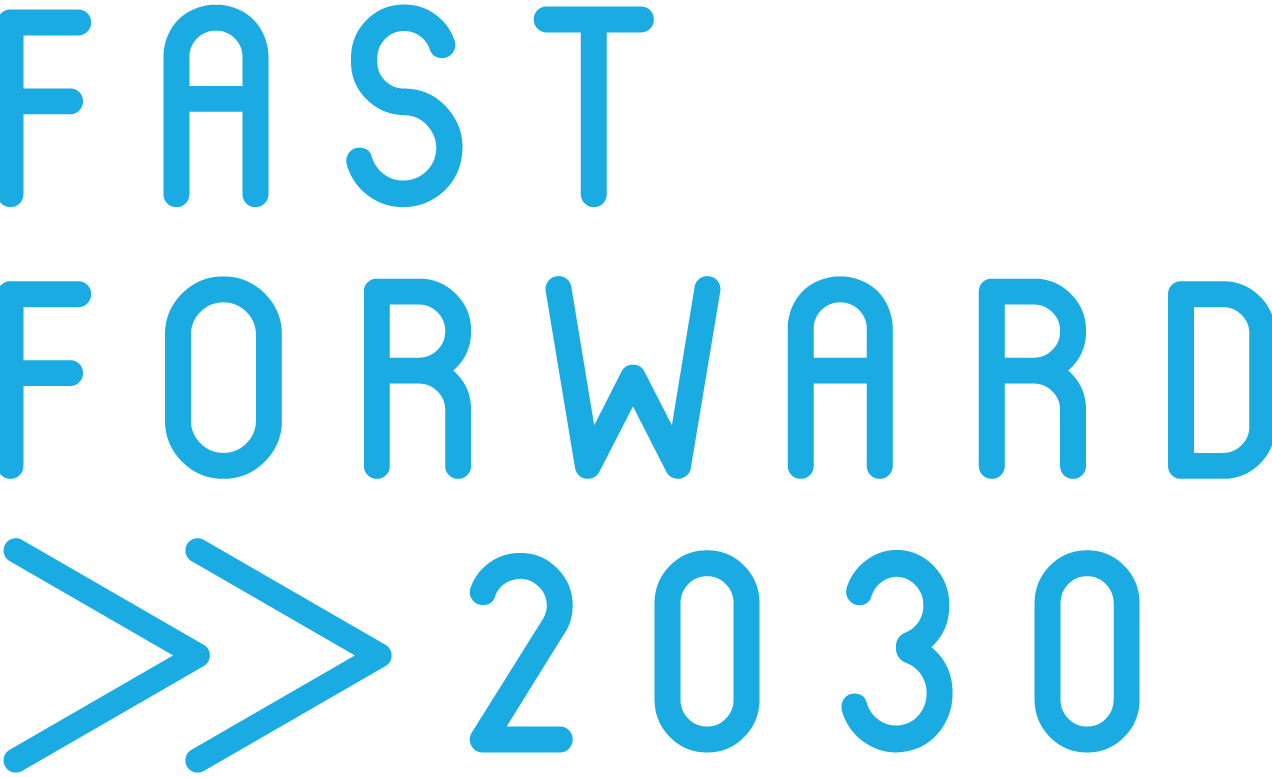The Doughnut: A Framework for the Entrepreneurs Taking on 21st Century Challenges
How can we provide social foundations for all within our ecological limits? What kind of economic mindset would get us there? How should entrepreneurs think about their business and its role in resources and the natural world?
Our Current Model
Our current model – the pursuit of growth at any cost – is not considering these kinds of questions. Economies grow, but people do not feel they have better lives. In the UK, the percentage of people reporting themselves as ‘very happy’ declined from 52% in 1957 to 36% in 2005, despite real income doubling in that period.
Our current way of quantifying success in society - GDP growth - does not actually correlate with increases in happiness, wellbeing, life expectancy, or the Social Progress Index once people have the basic material necessities of life. In fact, once a country hits about $20,000 per person – less than half that of the UK – there isn’t a strong correlation between further growth and Social Progress.
Endless growth in consumption is not a formula for the economy that delivers prosperous lives or reflects planetary limits. What makes matters worse is these growth-based models are directly in contention with our long-term ability to thrive on this planet.
So how do we re-orientate business and economics to make it deliver prosperous lives more effectively and without jeopardising humanity’s long-term odds of survival? If entrepreneurs see their role as building a better world instead of simply accumulating wealth, these questions need to be answered.
The Doughnut Model
Oxford Economist Kate Raworth has set out a new framework for tackling these issues called The Doughnut.
Figure 1: The Doughnut by Kate Raworth
The Doughnut uses important planetary boundaries research to set out earth’s life supporting systems, which we depend on. Once this is recognised, the challenge is providing an expanding population with enough of a social foundation so that all their human rights are met.
Essentially, this recognises that humans thrive thanks to the balance of earths eco-systems. How can we create businesses, and economic practices more broadly that recognise this, and become part of that fine balance, instead of exploiting it?
From linear and degenerative to sustainable and regenerative
The main way The Doughnut encourages us to think about our economic practises is to move from the ‘degenerative’ models of the Industrial Revolution to the ‘regenerative’ models of the 21st century.
Degenerative (also referred to as linear or extractive) is the type of economic practice that takes a natural resource, commodifies it, turns it into a product, and then wastes it. It looks something like this:
Regenerative models aim not only to be sustainable but to be generous. To build long-term models for prosperity, our economies need to shift from degenerative and extractive to sustainable and regenerative.
We need businesses that help transform our economic practices from linear to sustainable or even regenerative. This could be by examining their models or taking the resources from broader resource patterns. Take coffee beans as an example – less than 1% of each bean is used for the actual coffee. That leaves lots of precious organic matter that can be used for growing other things. Or, as bio-bean demonstrates, can be turned into clean energy.
Below are two diagrams which illustrate the degenerative model, which exploits resources for gain, and regenerative, which accepts that we are reliant on vibrant ecosystems.
Degenerative/Linear
Figure 2: The linear model
Regenerative
Figure 3: The regenerative model
From Kate Raworth’s Doughnut Economics: 7 Ways to Think Like a 21st-century Economist, here is the spread of business attitudes:
Do Nothing: Businesses see environmental factors as irrelevant and are happy to exploit and profit, creating short-term value at the long-term expense of human flourishing.
Do what pays: Greening some products or taking “eco-efficient measures that cut costs or boost the brand.”
Do our fair share: Taking on some responsibility, but ultimately still seeing it as a burden. Also, consider how much ecological goodness we can consume rather than how much they can contribute. In other words, “Still trapped in the degenerative mindset.”
Do no Harm: Complete sustainability.
Be Generous: “Give back to the living systems of which we are a part” - whether that's by producing energy, clean air, or water, some businesses are generous to their environments.
Which businesses do you know that exemplify step four? How about step five? These kinds of businesses will help move us into the Doughnut's safe space for humanity. This is the kind of practice that must urgently be aimed for.



